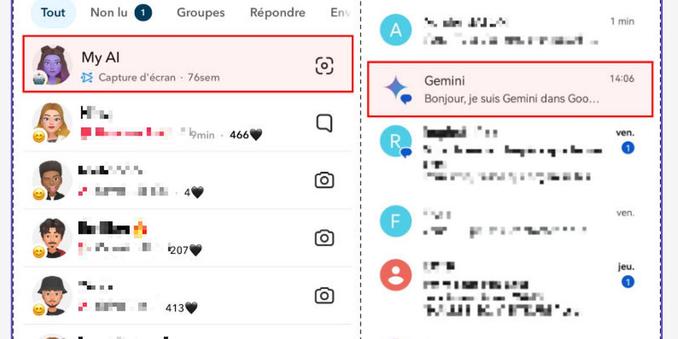
Administered by:
Server stats:
4.6Kactive users
techhub.social: About · Status · Profiles directory · Privacy policy
Mastodon: About · Get the app · Keyboard shortcuts · View source code · v4.4.2
#generativeAI
"I do not think it will shock anyone to learn that big tech is aggressively pushing AI products. But the extent to which they have done so might. The sheer ubiquity of AI means that we take for ground the countless ways, many invisible, that these products and features are foisted on us—and how Silicon Valley companies have systematically designed and deployed AI products onto their existing platforms in an effort to accelerate adoption.
It also happens to be the subject of a new study by design scholars Nolwenn Maudet, Anaëlle Beignon, and Thomas Thibault, who looked at hundreds of instances of how AI has been deployed, highlighted, and advertised by Google, Meta, Adobe, SnapChat, and others, and analyzed them for a study called “Imposing AI: Deceptive design patterns against sustainability.” They also present the results in a handy guide, with illustrated examples called, aptly: “How tech companies are pushing us to use AI.” (It’s translated from the French, hence the sometimes awkward phrasings.)
The study is a stark reminder that AI has reached ubiquity not necessarily because users around the globe are demanding AI products, but for reasons often closer to the opposite."
https://www.bloodinthemachine.com/p/how-big-tech-is-force-feeding-us

Mastodon is the best way to keep up with what's happening.
Follow anyone across the fediverse and see it all in chronological order. No algorithms, ads, or clickbait in sight.
Create accountLogin